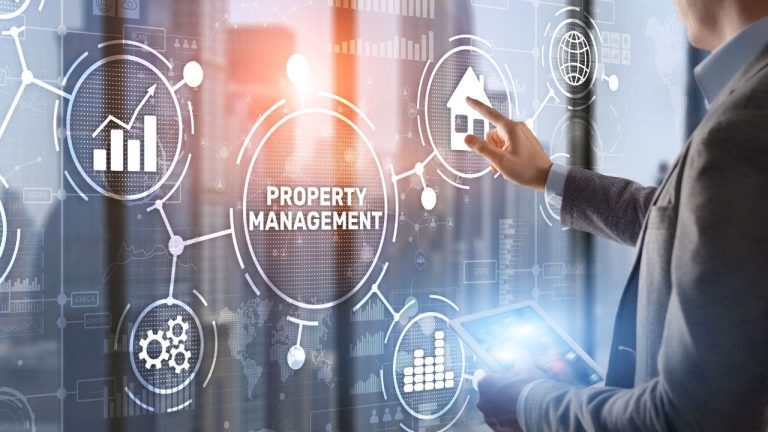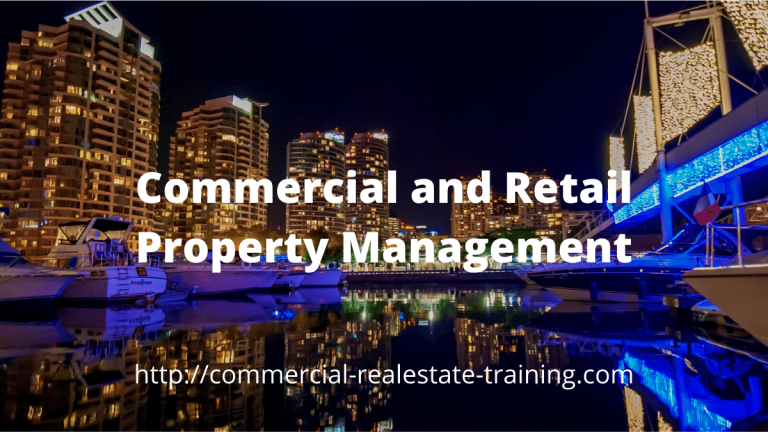Outgoings Reconciliation Tips in Commercial Property Management
In commercial or retail property management, the reconciliation of outgoings will be an important financial activity for the property manager and the landlord at least once per year. In that way you will know how you are tracking when it comes to gross and net income within the performance of the property.
Let’s assume that you manage and lease a complex office or retail property. The number of leases, the tenancy mix, and the demands of the property will place pressures on maintenance and operational costs. That is where the outgoings analysis and the budgeting process will be so important to cash flow. You have to understand where the peaks and troughs occur when it comes to property operational costs.
So let’s set some rules that can apply to the budgeting and reconciliation process. In doing this, understand that your location and property type will apply certain extra factors to be considered.
Here are some ideas to help you with preparing your property budget and your reconciliation:
- Talk to the contractor’s that are involved with maintenance activity today and understand the property well. They will have a good knowledge of the pressures of property usage, the plant and equipment, and the expected plant failure rate. Recognise the differences between machinery break down maintenance and preventative maintenance. The preventative approach will help property function and stability. If you leave an issue to an eventual breakdown, you are likely to have property downtime and frustrated tenants. That can then have an impact on cash flow.
- Look at the history of the property over the last two or three years. From that you will see the trends and pressures that apply to income and expenditure. Be realistic when it comes to setting the income expectations for the property. Aggressive rentals only produce higher vacancy factors. Budget for an income that is fair and reasonable given the prevailing market conditions and market rentals.
- From the passing income expectations, you can apply logic when it comes to property maintenance costs and statutory charges. Some operational costs will be controllable, whilst others will be uncontrollable. By definition, uncontrollable expenditure will be that which relates to statutory charges and municipal rates. Those monies will need to be paid by the property owner based on rating processes. They will take a large proportion of your passing income when payment is due. Prepare for the financial hit on your net income. Prepare for the financial challenge of paying those accounts when due.
- Controllable outgoings are those that can be managed and staged based on property requirements, and available cash flow. Preventive maintenance routines should be merged into the controllable outgoings budget.
- Plant and equipment failure will occur from time to time. On that basis you will need to have an allocation of cash flow for unexpected plant failure. The problem can be minimised through preventative maintenance and close liaison with the maintenance contractors.
- When you undertake a reconciliation process, look for the recoverable charges that should be offset against any tenant payments.
- Remove or isolate any items of a capital nature from the normal property expenditure activity. Capital expense items are usually handled differently when it comes to property income and taxation. Check out your local tax laws relating to property ownership and those costs.
- Understand the averages that apply to operational costs in a property type and location. Your managed property should be performing financially within those averages. If not, you will have a problem with market rental and lease negotiation. Occupancy costs will have an impact on tenant viability and leasing enquiry.
So there are some things to look as he when it comes to preparing for an outgoings budget and or the property reconciliation. Always keep your notes and your assumptions documented when it comes to the financial assessment process. That will help you each year when it comes to upgrading your financial expectations for the landlord and the property.





